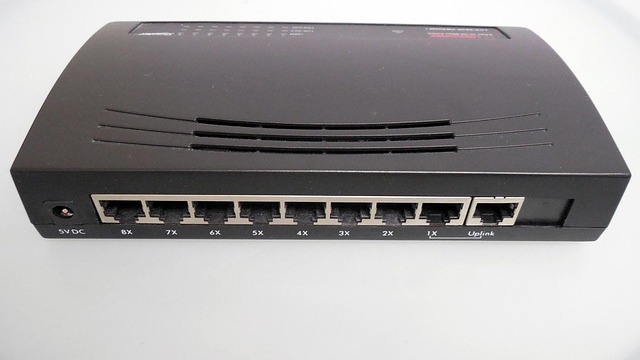
Why Your Slow Internet May Be Tied to Your Router
Have you ever wondered why your Wi-Fi is slower than expected? Many people typically switch their routers when moving homes, but this might not happen often enough for optimal performance. Just like any technology, routers have a shelf life. The increase in devices demanding Wi-Fi, from phones and tablets to smart appliances, can make a router reach its limit quickly. Experts advise replacing your router at least every five years, particularly if your household often connects multiple devices simultaneously. For homes with demanding internet usage, such as streaming or online gaming, consider upgrading even sooner, ideally every two to three years.
The Cost of Convenience: Renting vs. Owning
When looking to upgrade, the choice between renting a router or buying one can be tricky. While many internet providers offer router rental as a convenience, this option can significantly inflate your bills over time. Research indicates that opting to purchase your own router often proves to be more economical in the long run. By investing in a quality device suited to your needs, you can avoid accumulating extra costs and secure better performance.
Maximizing Your Router's Performance Before Upgrading
Before hastily purchasing a new router, ensure you’re utilizing your existing one effectively. Sometimes it’s not the router that is at fault; it could be a simple connectivity hiccup. A basic fix can be as easy as rebooting both your router and modem. Tech expert Dave Coleman suggests that it’s also beneficial to restart the wireless drivers on all associated devices like phones and laptops. A quick reboot could resolve your issues without any additional expenses!
Understanding Router Technology: A Quick Overview
When you do decide to upgrade, understanding the various types of routers available is crucial. Today’s market offers a variety of advanced options, from multipoint mesh systems that can blanket an entire home with Wi-Fi to Wi-Fi 7 routers that support the latest standards for faster speeds and broader coverage. Familiarizing yourself with specifications like speed, range, and capacity will empower you to make an informed choice tailored to your household needs.
Final Thoughts on Internet Speed and Router Upgrades
In the fast-paced digital age, having a reliable internet connection is vital. As technology advances, the routers we rely on can become outdated and less efficient. By evaluating your current router's performance and considering an upgrade based on your household's usage patterns, you can ensure you remain connected smoothly and efficiently.
 Add Row
Add Row  Add
Add 




Write A Comment